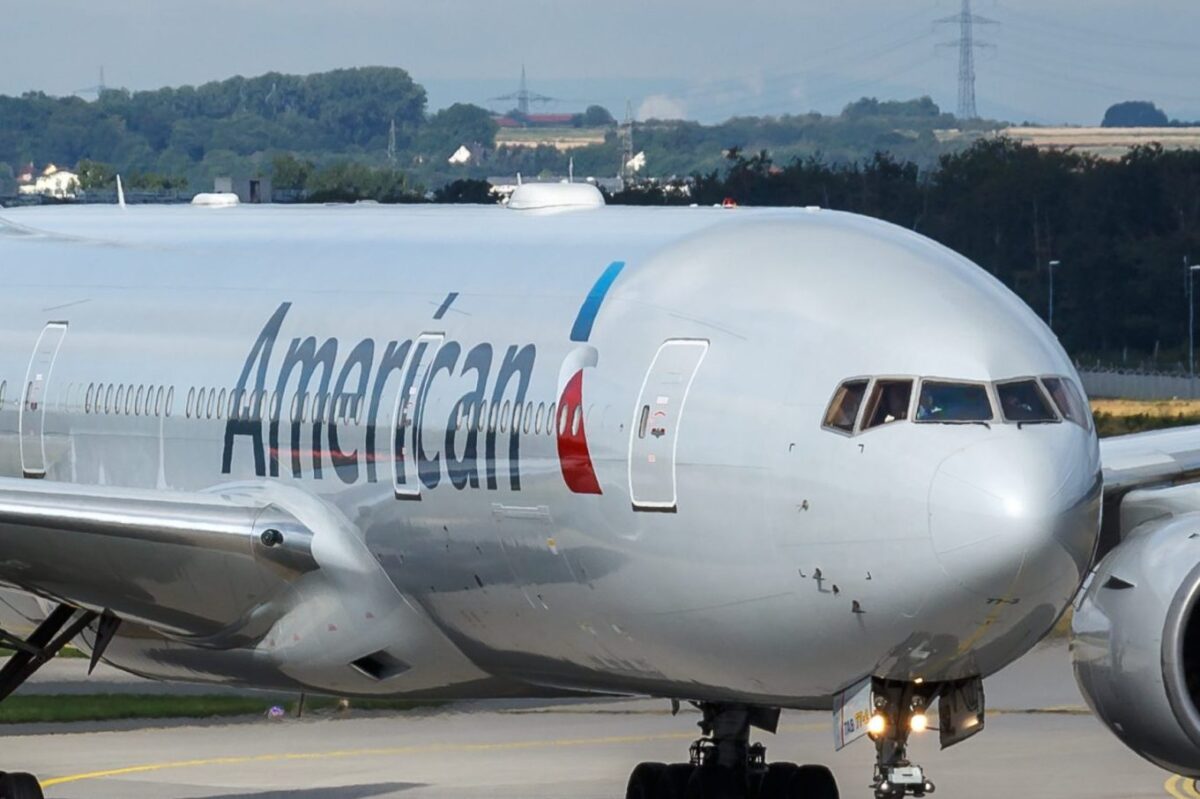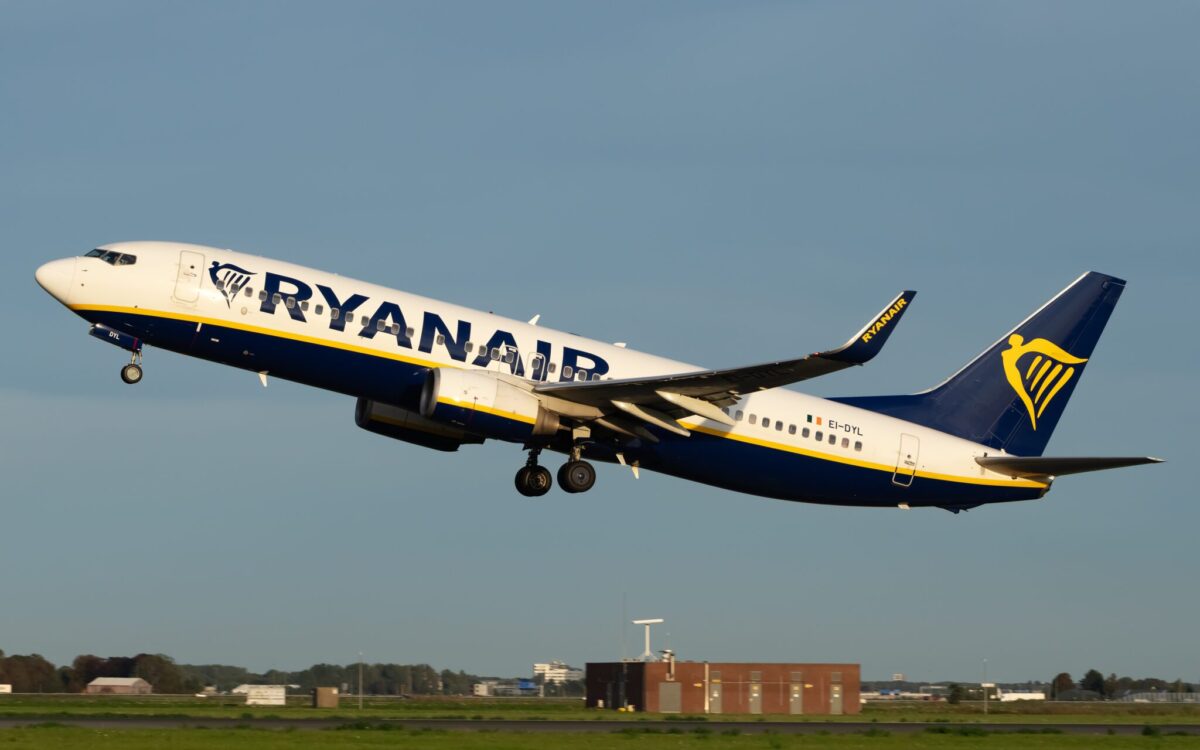Alaska Airlines Joins Oneworld Alliance: What That Means for Flights Out of Seattle
Skift Take
Alaska Airlines, long a proudly unaligned airline, has changed its mind and is joining the Oneworld global airline alliance starting in the summer of 2021. The airline also will coordinate its domestic U.S. schedule with American Airlines’ international network from Seattle, Alaska’s biggest hub, and Los Angeles International (LAX).
Alaska and American already have a code-sharing agreement, which allows passengers to book tickets on either airlines’ flights to select destinations. This new deal will let passengers book tickets from any point in Alaska’s domestic network to American’s international flights from the West Coast.
“This unlocks a whole new way of thinking for Alaska to think globally not just with code-shares and interlines, but also for global itineraries for our customers,” Brett Catlin, Alaska’s managing director of alliances and networks, said in an interview.
“A big piece of this alliance is Alaska’s domestic network and American’s international network,” he added. “We will compete domestically the same as we do today.” The number of domestic code-share flights will shrink, while the number of international code-share flights will grow.
Joining Oneworld will give passengers booking tickets through Alaska access to 1,200 destinations that the alliance’s 13-member airlines serve. The deal also allows access to lounges in international airports, reciprocal frequent-flyer benefits, and, for premium passengers, priority boarding and seats, elite status reciprocity, and rebooking in the event of a flight cancellation or delay. Alaska is expected to fully join the alliance in the summer of 2021.
Shot Across Delta’s Bow
It wasn’t just Alaska that made news. American is announcing new service between Seattle and Bangalore, the first nonstop flights from the U.S. to the Indian tech hub, and London. American is launching the Bangalore flights this October, and London flights start in March 2021. “Beginning West Coast international service from Seattle will complement American’s strong international network from LAX,” said Vasu Raja, American’s senior vice president of network strategy. “By adding Seattle to Bangalore, we’re giving customers from more than 70 U.S. cities access to India in one stop or less — versus the two, three, or four stops they’d have to make to get there in the past.”
Alaska plans to optimize its domestic schedule to feed passengers from its domestic flights to the Bangalore and London flights. “San Francisco is the number-one destination for travelers from Bangalore, and we offer 14 daily flights between Seattle and San Francisco,” Catlin said. “We have 1,300 daily flights on the West Coast that can support these new routes.”
The deepening partnership is a shot across Delta’s bow, however. The Atlanta-based behemoth has long operated a strong international network from Seattle. The Alaska-American partnership means the two airlines can compete more credibly for Delta’s corporate travel from the West Coast. Now, Alaska has a strong domestic network for corporate travelers, who often booked flights on Delta or other airlines for international travel. Both Seattle and San Francisco, two of Alaska’s biggest markets, are home to dozens of Fortune 500 companies, a long list that includes Microsoft, Amazon, Nike, Boeing, Apple, Google, and Facebook. We intend to aggressively compete for corporate travelers,” Catlin said. “We’re the biggest airline in Seattle, but we want to compete now for global travel.”
American and Delta recently have been engaged in a complicated pas de deux with each other’s hubs. Delta announced that it was adding flights in Miami, long an American “fortress hub,” after it swooped in and snatched Latam, an American partner, out from under American’s nose. Similarly, American started adding more flights in Boston, a large hub for Delta’s and its partners’ international flights. And now the fight comes to Seattle, where American does not now fly to any international destinations. Delta is an aggressive competitor, however, and is unlikely to take this encroachment on its West Coast hub lying down.
ALASKA’S INDEPENDENCE
Going after more international corporate travel from the Seattle- and San Francisco-based tech firms makes sense, but it’s something Alaska couldn’t do on its own, Helane Becker, managing director for Wall Street’s Cowen & Co., told Skift. Although JetBlue is launching international flights to Europe next year, it can do so with aircraft it already owns or plans to acquire. Given the distance from Alaska’s hubs on the West Coast to business destinations in Europe and Asia, the Seattle-based airline couldn’t replicate JetBlue’s plans. “They just can’t do it with the aircraft they have,” Becker said.
But where Alaska and American complement each other is on the West Coast, particularly on North-South routes between Seattle, Portland, San Francisco, and Los Angeles, and points in between. This is where Alaska brings the most utility to American, Becker added. Alaska’s West Coast, and particularly California, networks took a step up when the carrier acquired San Francisco-based Virgin America in 2016.
Alaska said the deeper coordination with American and entry into the Oneworld alliance do not mean its days as an independent carrier are numbered. “Our goal is to be a strong independent carrier on the West Coast,” Catlin said. “This allows us to grow our network and position in Washington and California.”
Alaska will maintain its current code-share agreements with Emirates, Hainan, and other carriers, despite its entry into Oneworld.
An Alaska-American merger probably isn’t on the cards, Becker said. “I understand why Alaska would want more of an international presence, but any merger would be difficult to get done,” due to antitrust concerns, she said.




